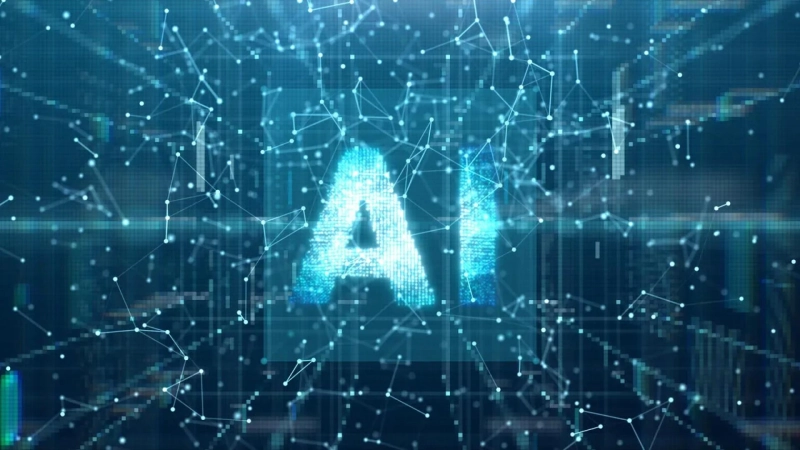Over the last few years, AI has managed to transform industries and give birth to some fantastic AI models capable of flawlessly automating any operation. Not only that, but AI models like SORA and Mindjourney have managed to push the envelope even further. Diving into innovative genres, with mind-numbing outcomes. As much as we want to talk about breakthroughs and how fast progress has been made over the years, a considerable chunk of people may confront serious problems in their professional lives over the coming decade. So, in the following sections, we will discuss the advantages and disadvantages of ai and how to tackle the disadvantages.
Advantages:
Improving Efficiency: Automation in manufacturing industries and even in service sectors is not a new thing. But AI is taking the scale of automation and operational efficiency to unforeseen heights. Until very recently, industrial robots were able to replicate tasks in a controlled environment. But the infusion of AI into industrial robotics has the potential to change the workplace entirely. These new-age robots are capable of working in dynamic environments on par with humans.
Decision Making: AI-driven models have seen increasing utilization in the decision-making process. Most businesses have incorporated AI-driven analysis to improve their data analysis capabilities and utilize the benefits of predictive modeling.
Disadvantages:
Job Displacement: AI-driven industrial robots could reach into every industry. Even managerial and fundamentally creative tasks such as writing, painting, animation, music, etc. are at risk of being replaced by AI-driven robots. This could generate huge stress on the labor force, and unlike the industrial or IT revolution, AI will be able to replace creative roles as well.
Ethical dilemmas: These can manifest themselves in different forms; an example is fairness issues related to various domains such as hiring or lending via this repetition or any other A.I. system biased by its training data. Also remember that to mitigate the risks of algorithmic bias and discrimination, one cannot disregard ethical aspects associated with the development, deployment, and governance of AI.
Privacy concerns: The implications of using artificial intelligence-powered surveillance systems include violations of privacy issues and compromised security of data. Facial recognition software, for example, and other techniques such as predictive modeling and data mining could infringe on personal liberties; hence the need for strong regulatory frameworks and privacy-enhancing tools.
Technology Dependence: However, if we rely too much on AI systems in making crucial decisions will create dependencies that may affect their reliability. Such things like dysfunctioning or incorrect algorithms can affect society at large undermining citizens’ trust in these technologies and stopping important services from being provided
AI’s Impact on Society in 2024:
In 2024, AI will keep permeating various sectors, undertaking roles such as transforming industries, institutions, and relationships among individuals. Smart cities represent one example where AI-driven innovations are changing lives today with digital healthcare platforms self-driving cars and numerous others.
How Upskilling Can Help in Navigating the Advantages and Disadvantages of AI
Job Security
These initiatives enable workers to be prepared for future employment requirements including automation-induced changes hence enabling them to adapt easily. Employees should however learn skills such as data analysis which are highly demanded in many companies because this will enable them to remain competitive even in the face of new technology developments taking place in the labor market.
Ethical AI Development
Avenues for AI Ethics and Responsible Innovation training programs enable technologists and policymakers to create AI systems that put fairness, transparency, and accountability first. These professionals can deal with algorithmic bias and discrimination by integrating ethical considerations at each stage of AI design and development.
Inclusive Innovation
Upskilling efforts ensure that those engaged in the development of AI teams come from different backgrounds for a variety of reasons. Professional upskilling programs foster inclusiveness and equity among themselves so that they are better placed to utilize artificial intelligence in solving societal challenges for social good.
Conclusion
The extensive pervasiveness of AI in 2024 is promising but also poses a challenge to formation within society. Although the transformative potential exists through AI for increased efficiency, decision-making, and personalized experiences; it also gives rise to moral dilemmas as well as social-economic ones which call for preventive measures. By using strategic upskilling initiatives individuals or organizations may be able to untangle this web of complexity surrounding Artificial Intelligence (AI) so that they can take advantage of its pros at the expense of cons thereby resulting in an inclusive society resilient enough toward an ethically based future.



